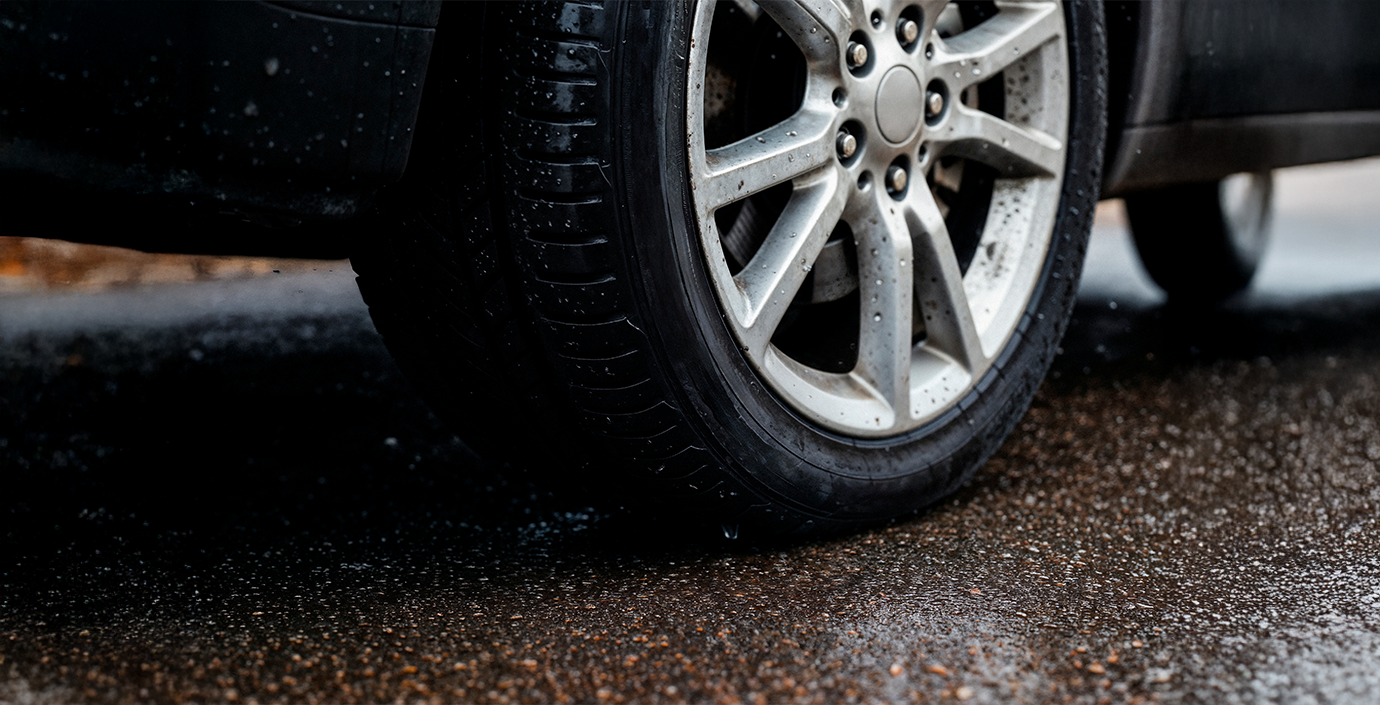The role of tyres in road safety: More important than you think

- Wet roads: Tyres with good tread depth channel water away, reducing the risk of hydroplaning.
- Dry roads: Healthy tyres improve cornering stability and steering precision.
- Snow/ice: Specialised winter tyres are designed to maintain grip even in freezing conditions.
Underinflated tyres increase rolling resistance, making your engine work harder. Not only does this waste fuel, but it also reduces tyre life and compromises stability at higher speeds. Proper inflation ensures your vehicle runs smoothly, efficiently, and safely. Common tyre-related risks
- Worn-out tread:Reduces grip and increases chances of skidding.
- Under or over-inflation: Affects handling and braking performance.
- Cracks or bulges: Signs of potential blowouts.
- Uneven wear: Indicates misalignment or suspension issues, both of which impact safety.
- Check tyre pressure at least once a month.
- Inspect tread depth (minimum legal limit is 1.6 mm, but more is safer).
- Rotate your tyres every 8,000–10,000 km to ensure even wear.
- Replace tyres every 5–6 years or sooner if they show damage.
- Always use the right type of tyre for your driving conditions.
Need Professional Assistance?
We are committed to providing trusted informed advice for your queries. Please complete the below form and one of our experts will be in touch with you. You may also call our toll free number 800TYRES (800 89737) or reach us through WhatsApp on +971 800 89737.


